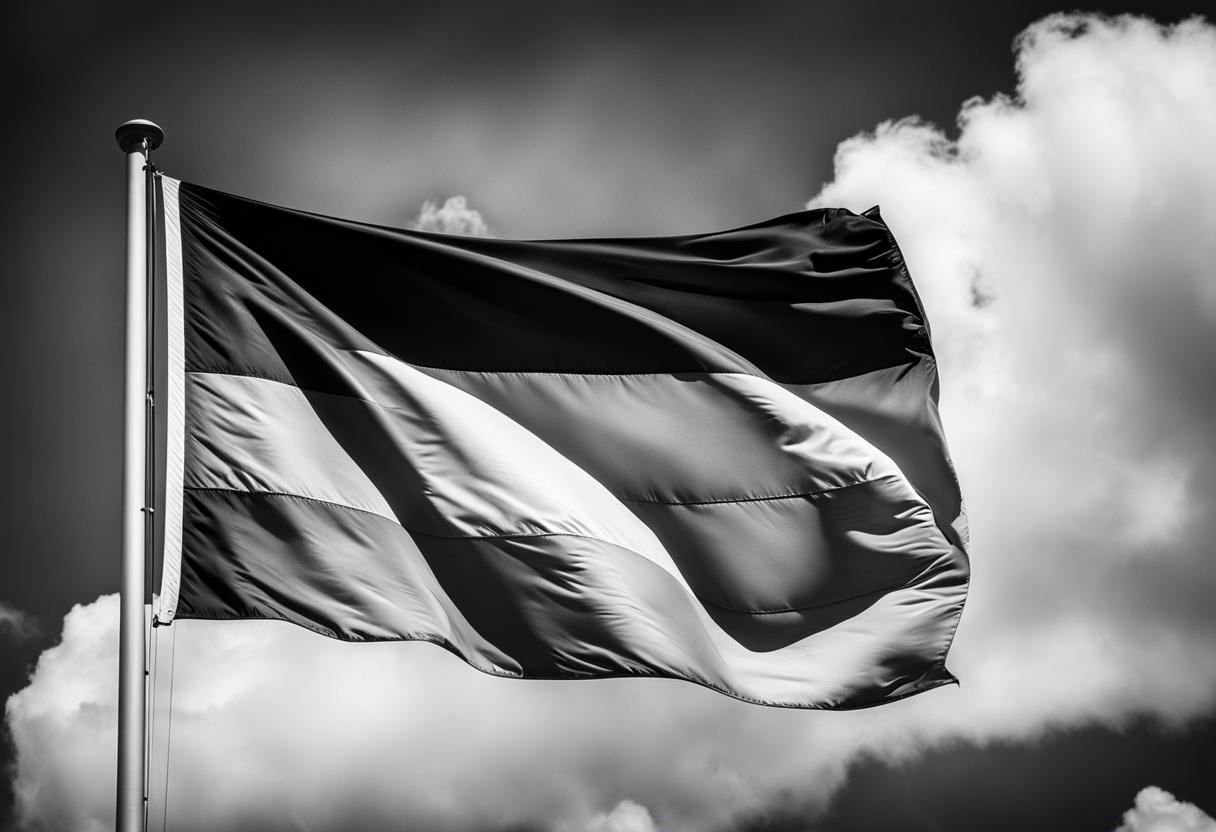The far-right German political party, Alternative für Deutschland (AfD), has been dominating the headlines in Germany recently, appearing frequently on newspaper front pages and being the subject of numerous radio news items. Political commentators conjecture that internal strife within the party could be its downfall, possibly preventing major victories in upcoming local and European Parliament elections, as well as three state elections in the east in September. Professor Klaus Schubert, a political scientist from the University of Münster, observed that the party seems impervious to other parties’ tactics against it, describing it as a Teflon party.
In Münster, which recently played host to a major legal battle between AfD and the German state, a court rejected the party’s appeal against its classification as a suspected extremist party by the domestic intelligence body, Bundesamt für Verfassungsschutz (BfV). The judgement was based on ample factual evidence that the AfD’s activities were in contravention to human dignity and democracy principles. With this designation, the party is now under “enhanced monitoring”, which is politely referring to comprehensive surveillance operations by the BfV.
German Chancellor Olaf Scholz has praised the ruling, asserting that it exemplifies how Germany’s “robust democracy” has enough resources to tackle “internal threats”. However, his government is hesitant to instigate a potentially lengthy and complex process to prohibit the AfD. In reaction to the court ruling, the AfD portrayed itself as a victim of a “politically motivated” collaboration between the judiciary and its political adversaries. Tino Chrupalla, Co-leader of the AfD, argued that the timing, amidst election campaigns, was not a coincidence.
Björn Höcke, the party leader of the far-right AfD in Thuringia, an eastern state of Germany, tops the list of colourful characters impacting AfD’s chances in the upcoming elections. A retired history teacher, Höcke was recently fined €13,000 for a campaign rally slogan, “Alles für Deutschland” – everything for Germany, notorious for its associations with the Nazi era. Despite Höcke’s claim of unawareness about the slogan’s history, Judge Jan Stengel pointed out in his verdict that Höcke was a man of letters fully aware of his utterances.
Höcke, in his response to the court, expressed his belief that he was being unjustly targeted for political reason. A distinguished German sociologist likened Höcke’s situation to a teachable Shakespearean drama of a man pitting himself against a hostile world.
Höcke’s challenges lie not simply in legal troubles but also in internal party conflict, indicated by the potential split in Thuringia’s AfD. Several local election candidates from the AfD have criticised Höcke for supporting alternative candidates to the party’s list, even going so far as to brand him a narcissist who should be expelled from the party.
Furthermore, conflicts within the party have marred its primary candidates for the June European elections, with allegations of one receiving illicit Russian money and the party’s predominant MEP in Brussels being accused of employing a Chinese spy and accepting Russian funds. Additionally, the exposure of the party’s radical ‘remigration’ policies has resulted in a slump in AfD support from 23 per cent at the start of the year to 15-17 per cent.
Despite the AfD losing the support of disillusioned at-large voters, particularly from eastern Germany, these voters are not reverting to mainstream German parties. Instead, polls suggest a palpable shift of 5-7 per cent towards the new hard-left BSW alliance, led by former Link leader Sahra Wagenknecht. This alliance incorporates indigenous immigration narratives and advocates for a pro-Russian stance on the Ukraine conflict.
Political scientist Werner Patzelt articulates that the negative news coverage has actually enhanced the victimhood narrative of the AfD, thereby consolidating its staunch population of voters. As Germany prepares for federal elections in a year, the far-right AfD continues to hold the second position, leading the Social Democratic Party in power under Olaf Scholz.
Patzelt, from Dresden University, commented to Welt TV that the AfD is purely an indicator of distress. Within Germany, a significant number of individuals feel disregarded by their political figures, and perceive themselves to be dealt with haughtily.

